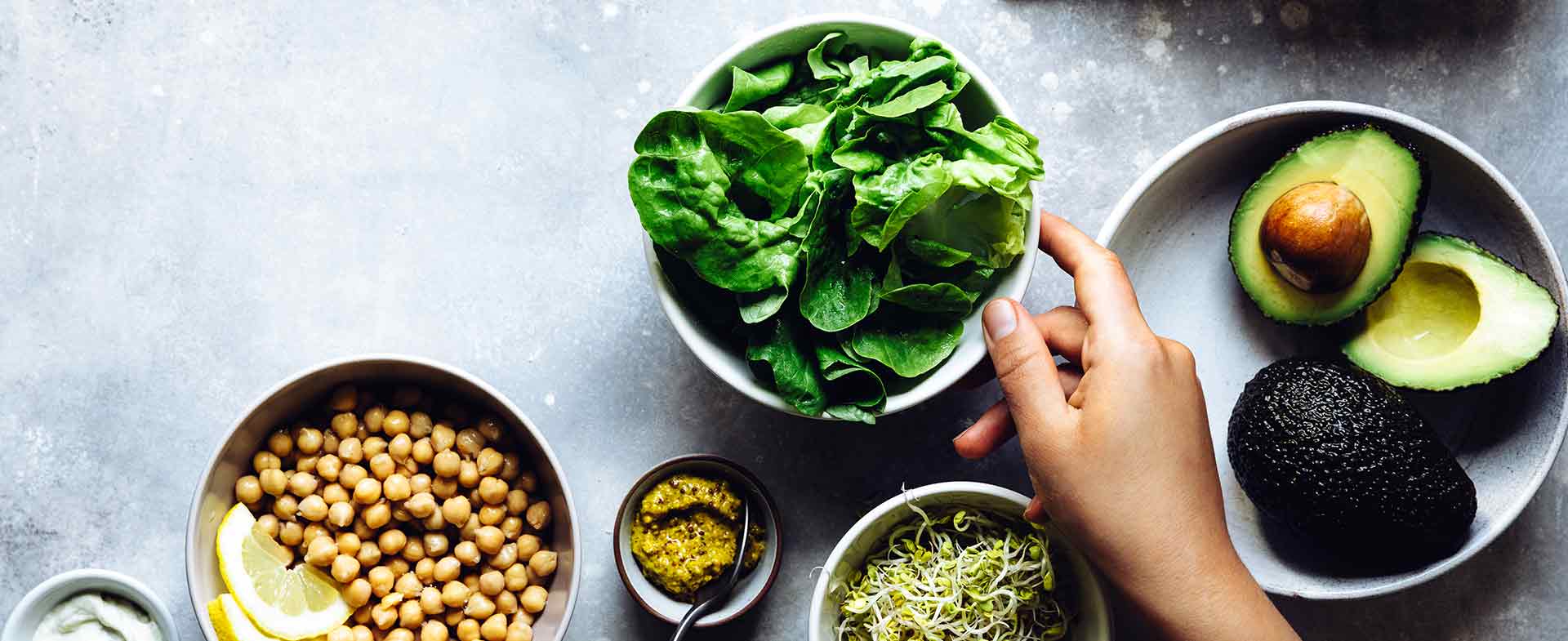When you hear about metals, you might think about platinum, gold or copper. But certain metals are important for our bodies — some of them are so important, we can't live without them. You may recognize many of these critical dietary metals as "minerals."
Dietary Metals: The Basics
Dietary metals play a role in hundreds of bodily functions. In some cases, even trace amounts of a certain metal can improve health and well-being. Essential metals activate enzymes that are required to perform some bodily functions. But as with all things, striking a balance is key.
Zinc and copper help support a healthy immune system, for example, but too much zinc can create a copper deficiency. Similarly, over-supplementing with calcium could interfere with your body's ability to absorb magnesium. Both are critical nutrients.
The good news: It's tough to overdo essential metals through diet alone. The Food and Drug Administration (FDA) monitors and tests foods to ensure the level of metals are safe for human consumption. However, some foods contain metals that have no established health benefit.
Ironically, you can get too much of these metals through food, which is why there are recommendations to limit intake of predatory fish, such as shark and swordfish (both can contain high levels of mercury). People who grow their own gardens should also test for lead in the soil. Excessive intake of metals like mercury and lead can lead to illness, impairment, and even death.
Metals That Have Daily Intake Requirements
Metals important to our health include calcium, chromium, copper, iron, magnesium, manganese, molybdenum, potassium, sodium and zinc. Our need for many of these metals (like molybdenum, iodine and copper) is so small that you're probably getting them from your diet without even realizing it.
However, important metals like calcium and potassium are more difficult to get through diet alone. Your doctor may recommend taking a supplement to help meet your needs.
But here's where it gets tricky: Too much of any one metal, even calcium, can compromise your body's ability to function.
Getting The Nutrition You Need From Metals In Your Diet
Most of us will get all of the metals we need by eating a healthy diet that includes plenty of fruits, vegetables, beans, whole grains, lean protein and dairy or calcium-fortified soy products. Still, some key metals are more difficult to get, particularly as we age, since our bodies become less efficient at absorbing nutrients.
Metals of concern include:
- Calcium. Our bodies need calcium to build strong bones and teeth. Calcium also helps regulate blood pressure. You'll find calcium in dairy products, tofu, fortified juices and leafy green vegetables such as broccoli and kale.
- Iron. Without iron, our bodies can't make blood cells. It's essential for activating enzymes and making important amino acids, neurotransmitters and hormones. The best sources of iron include red meat, lentils, beans, turkey, pumpkin seeds, and fortified breads and cereals.
- Magnesium. Magnesium works in tandem with calcium to build bones and teeth. It also helps regulate blood pressure and blood sugar levels and plays an important role in sending signals to the brain. Sources include almonds, green vegetables, soybeans, peanut butter, seeds, whole-wheat bread and milk.
- Potassium. Potassium helps balance fluids in the body and maintain a steady heartbeat. Like calcium and magnesium, it also plays a role in building bone and regulating blood pressure. Good sources of potassium include bananas, oranges, beans, spinach, broccoli and potatoes.
Becoming Savvy About Dietary Metals
Dietary metals can compete for absorption in the body, particularly if you're getting too much of a particular metal. Interestingly, metals can also work together to have a positive effect on the body.
A few of the most common interactions include:
- Sodium and potassium. The typical American diet is high in sodium. While these diets can lead to high blood pressure, eating more potassium-rich foods can help counteract the negative effects of sodium.
- Zinc and copper. Popping zinc supplements in an attempt to stave off colds and viruses? You could be doing your body more harm than good. Too much zinc can trigger a copper deficiency, which in turn has an adverse effect on your body's ability to metabolize iron.
- Calcium and magnesium. The relationship between calcium and magnesium mimics what we see with zinc and copper. Too much calcium can interfere with your body's ability to absorb magnesium.
Most metal interactions don't happen with food alone, but they can pose a problem if you're also taking supplements.
Think you're falling short on critical metals? Talk to your doctor. If you have a deficiency, you may need a daily supplement. But don't start metal supplements without consulting with a healthcare professional.
To find a doctor or registered dietitian nutritionist at Henry Ford, visit henryford.com or call 1-800-HENRYFORD (436-7936).
Bethany Thayer, MS, RDN, is the director of the Henry Ford Center for Health Promotion and Disease Prevention. Learn more about Bethany.



